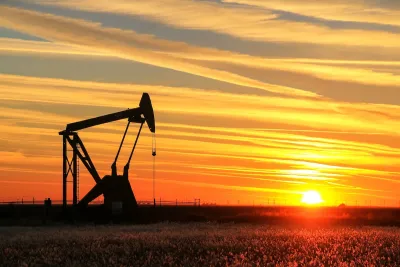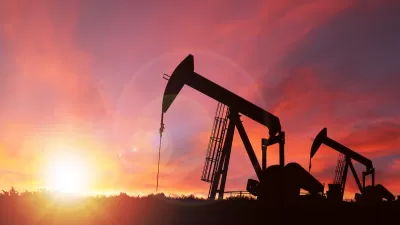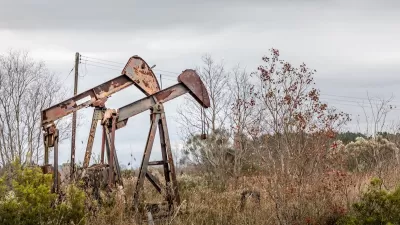Abandoned and orphaned oil wells in West Texas are causing costly environmental hazards like sinkholes and leaks, prompting urgent calls for increased funding and regulation to address a growing statewide and national crisis.

The Permian Basin in West Texas is facing growing environmental and public health hazards due to the increasing number of abandoned and improperly sealed oil wells. These aging wells, remnants of over a century of drilling activity, are now causing sinkholes, blowouts, and persistent leaks. One dramatic example is the Kelton Ranch sinkhole, a 200-foot cavity that emerged beneath a plugged well, symbolizing the latent dangers scattered across the region. As reported by Haley Zaremba, these incidents are part of a larger pattern of environmental degradation caused by decades of insufficient well closure and oversight.
The financial toll of addressing these emergency well failures is mounting rapidly. In recent years, blowouts have flooded lands and required costly and time-consuming repairs—such as the $2.5 million fix in Crane County following a blowout in 2023. In response to the crisis, the Texas Railroad Commission has requested a $100 million budget increase to tackle the issue, representing a 72% jump in plugging funds. The commission acknowledges that both the frequency and expense of emergency wells have surged, illustrating what the Houston Chronicle calls a “problem simmering beneath the surface.”
Compounding the crisis is the presence of over 2 million orphan wells nationwide—wells that were never sealed and for which no responsible party remains. These sites are leaking hazardous substances like methane and benzene into nearby communities, with taxpayers left footing the bill. A proposed bill in Texas seeks to plug 150,000 inactive wells and improve regulatory accountability, but it has faced resistance due to concerns from small operators about the financial strain. Without urgent action, the environmental risks and costs are poised to escalate, further endangering both human health and ecosystems.
FULL STORY: Abandoned Oil Wells Pose Growing Risks in Permian Basin

Alabama: Trump Terminates Settlements for Black Communities Harmed By Raw Sewage
Trump deemed the landmark civil rights agreement “illegal DEI and environmental justice policy.”

Study: Maui’s Plan to Convert Vacation Rentals to Long-Term Housing Could Cause Nearly $1 Billion Economic Loss
The plan would reduce visitor accommodation by 25% resulting in 1,900 jobs lost.

Planetizen Federal Action Tracker
A weekly monitor of how Trump’s orders and actions are impacting planners and planning in America.

Wind Energy on the Rise Despite Federal Policy Reversal
The Trump administration is revoking federal support for renewable energy, but demand for new projects continues unabated.

Passengers Flock to Caltrain After Electrification
The new electric trains are running faster and more reliably, leading to strong ridership growth on the Bay Area rail system.

Texas Churches Rally Behind ‘Yes in God’s Back Yard’ Legislation
Religious leaders want the state to reduce zoning regulations to streamline leasing church-owned land to housing developers.
Urban Design for Planners 1: Software Tools
This six-course series explores essential urban design concepts using open source software and equips planners with the tools they need to participate fully in the urban design process.
Planning for Universal Design
Learn the tools for implementing Universal Design in planning regulations.
Caltrans
Smith Gee Studio
Institute for Housing and Urban Development Studies (IHS)
City of Grandview
Harvard GSD Executive Education
Toledo-Lucas County Plan Commissions
Salt Lake City
NYU Wagner Graduate School of Public Service





























